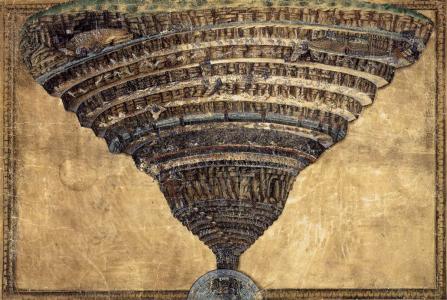Voices Lost

For decades now, there has been an emphasis in the work of academic historians and practitioners of the historically inclined humanities and social sciences on the recovery of "lost voices". That great enterprise, which has found its best expression in the (once) "new" social history and the work of the subaltern studies pioneers, concerns itself with the margins of the historical record and seeks to restore the disenfranchised, the oppressed, the inconvenient, and the voiceless to the larger picture.
As the last of these shorthand group labels--"voiceless"--suggests, when voices were "lost", it was traditionally not so much the case that a record of a people and their collective passing had disappeared as that the record (meaning a document) had never been made in the first place. The margins of conventional history are populated with groups that didn't have a chance to leave the written records that are the historian's traditional stock-in-trade. The voiceless may have been illiterate, or they may have been otherwise denied the means of producing the cultural products that would later find their way into archives.
All of which is to say that traditionally, the question of whether or not a voice would be "lost" hinged very much on the crucial underlying question of the speaker's means and access. But as a deeply thought-provoking IEEE Spectrum article by Ariel Bleicher explained last week, all of this is changing. In fact, it probably all changed irrevocably sometime back in the mid-1990s.
In "A Memory of Webs Past", Bleicher delves into the business of web archiving, a process that seems simple enough in theory but proves to be fiendishly complicated in practice--beset as it is by privacy issues, copyright issues, funding issues, and thorny and ever-evolving technical issues. Any of these problems might understandably be enough to stall the work of the web archivists, who emerge in Bleicher's narrative as somewhat quixotic hermaneutic heros of the new media, but it is the technical problem of the web's endless expansion in all directions that boggles the mind.
And it is this technical issue of the web's nearly immeasurable growth and deepening that recasts the idea of "lost" voices for a new era. Now that virtually anyone can have a voice and some of us have many voices--very loud ones, even, that are replicated through links as though in an echo chamber, records won't be absent in the future because they never existed but because they existed in such staggering profundity and in such an ever-proliferating and often mutually unintelligible formats as to render the act of record keeping (archiving) immensely difficult.
Bleicher's archivists have set themselves to the task of preserving huge chunks of the web for the perusal of future historians, and while the idea of a vast snapshot of human thought and behavior--the web as it existed this morning, for example--might seem as simple as making a copy of every page, the reality of that task is infinitely more complicated. "Pages" aren't pages in a book, and content no longer synonymous with text and image. The web exists as a network of nodes that only really make sense when preserved in intricate linkage, and content, the sound of the 21st century voice, comes in a bewildering array of textual, audio, video, and animated forms. What archivists and their coding comrades are attempting to do with their web-crawling programs and petabytes of storage space is much less like copying a stack of documents than it is trying to bottle an ecosystem in all its complexity.
This fight for comprehensiveness is being waged simultaneously by San Francisco’s Internet Archive, the International Internet Preservation Consortium, and the French National Library (among others) and is, paradoxically, a fight for both history and the future. These web archivists and their crawlers are laying the groundwork for future histories right now, and the success of their efforts will very much determine whose voices will be heard when the history of our own age is compiled.